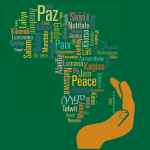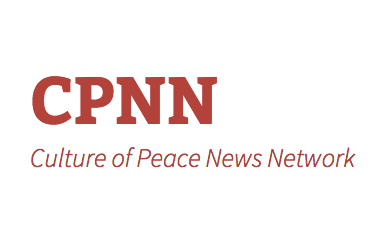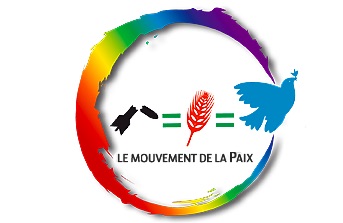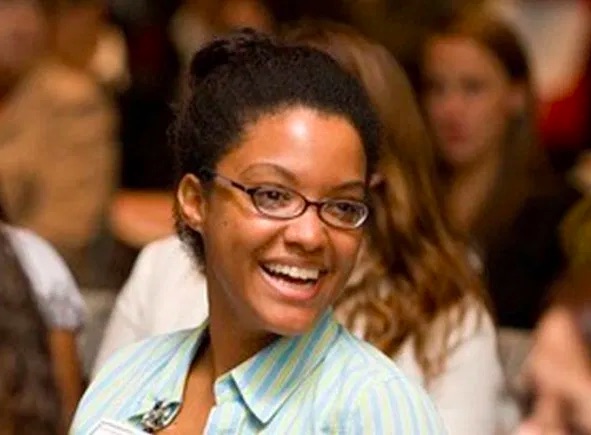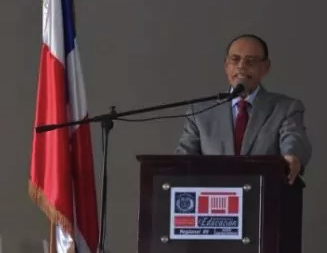The Pope and Culture of Peace
Pope Francis is committing the Catholic Church to nuclear disarmament, sustainable development and the rights of indigenous peoples, key components of the culture of peace.
Speaking in Hiroshima on November 23, he said that “The use of atomic energy for the purpose of war is today more than ever a crime not only against the dignity of human beings, but against any possible future for our common home.”
And at the Vatican from October 6 to 27, the Pope hosted an unprecedented meeting of the Roman Catholic Synod of Bishops for the Pan-Amazon Region that denounced attacks on the environment and the life of indigenous people of the Amazon region and called for radical changes in planetary lifestyles, including:
- to stop excessive consumption;
- reduce dependence on fossil fuels, plastics and consumption of meat and fish;
- and to seek sustainable alternatives in agriculture, energy, and transportation.
According to the spokesmen of Mouvement de la Paix, the Pope’s declaration in Hiroshima is another historic step in the fight for the total elimination of nuclear weapons. His proposal that the money spent for these works of death should be devoted to human development and the struggle for the climate corresponds to the slogan adopted by the 160 or so organizations of the Collective On the Move for Peace, which called for September 21 (International Day of Peace) to march “for peace, climate, social justice and nuclear disarmament”.
In the United States the Pope’s remarks were welcomed by activists who are opposing nuclear weapons, including progressive journalist Amy Goodman, whistleblower Daniel Ellsberg and the Plowshares movement, the group of seven Catholic peace activists who are awaiting sentencing for breaking into the Kings Bay Naval Submarine Base. Ellsberg reminds us that the Pope is a ” powerful voice in the world” and that “he has obviously undergone a considerable education on this, as have the people in Plowshares movement. And if he can pass that requirement on and its urgency to the bishops throughout the world, it will I am sure create conditions in which our own representatives will call on our executive branch at last to . . . negotiate seriously toward a verifiable mutual elimination of nuclear weapons”.
And according to the Climate Change News, the decisions of the Amazon Synod set out a collision course with Brazil’s president Jair Bolsonaro for the future of the Amazon and the “potential to reach a great audience” given the church’s presence across the region. Whereas Bolsonaro was elected on a campaign pledge to open-up the Amazon for mining and developments, the bishops agreed the need for an alternative development plan for the Amazon, focused on indigenous rights and environmental protection.
Writing in America, the Jesuit Review, Luke Hansen provides “five key takeaways from the synod“:
- It placed the indigenous communities at the center of the synod process over foreign economic interests. In the two-year preparatory process over 80,000 people participated.
- It called for “conversion”, challenging Europeans and North Americans to examine and change their lifestyles and engage in political action in solidarity with Amazonian communities.
- It sought to practice what it preached regarding “integral ecology” and care for our common home.
- All 120 paragraphs of the synod’s final document (currently available in Spanish only) were approved with the necessary two-thirds majority vote, including proposals related to married priests and women deacons.
- Since his election as pope in March 2013, Pope Francis has transformed the Synod of Bishops into a privileged place of discernment and conversion.
A similar analysis is made by the Jesuit Michael Shuck from Georgetown University, who adds that a sense of urgency pervaded the testimonies of Indigenous men and women throughout the synod. At the final press briefing, Cardinal Czerny remarked that the ecological and human crisis is so deep that without this sense of urgency “we’re not going to make it”. This bold assertion was matched by the Final Document’s declaration that “integral ecology is not one more path that the Church can choose for the future in this territory, it is the only possible path”.
While these declarations are welcomed by nuclear activists, climate activists and Jesuits, we may see them in an even broader context as a major step in the transition from a culture of war to a culture of peace.
| DISARMAMENT & SECURITY
Pope Francis’ declaration in Hiroshima marks another historic step in the fight for the total elimination of nuclear weapons |
FREE FLOW OF INFORMATION
Gambia : Banjul Regional Forum 2019: Engaging Young African Leaders to Achieve the 2030 and 2063 Agendas |
HUMAN RIGHTS
USA: Exoneration of Scott Warren is a triumph for humanity |
DEMOCRATIC PARTICIPATION
Alternative justice strengthens the culture of peace in Chiapas |
| EDUCATION FOR PEACE
Dominican Republic: Education ministry continues training on ethics, culture of peace and protection of rights |
SUSTAINABLE DEVELOPMENT
Catholic church denounces ‘attacks’ on Amazon people and forest |
TOLERANCE & SOLIDAIRTY | WOMEN’S EQUALITY
#NousToutes : Tens of thousands march in Paris |
